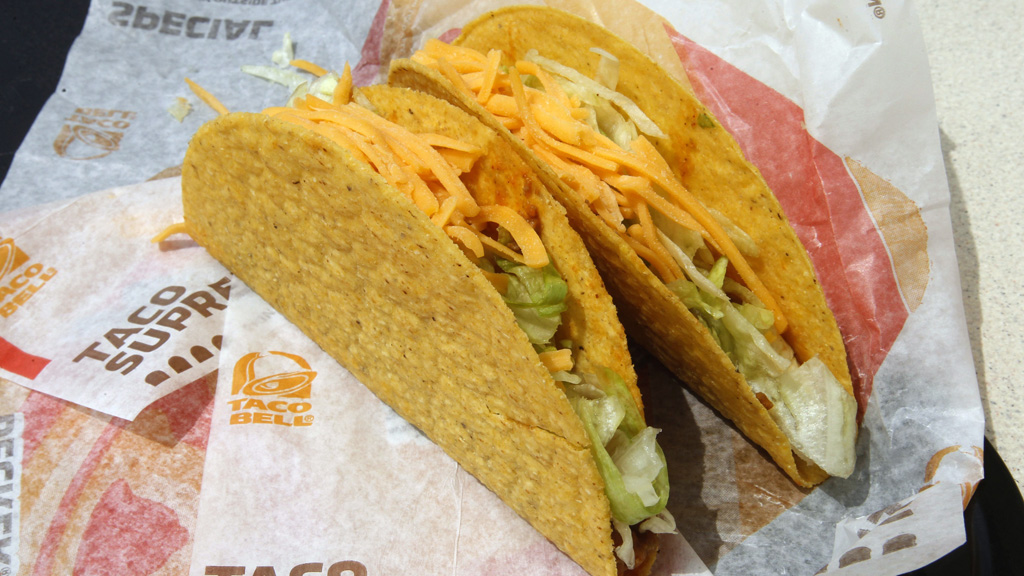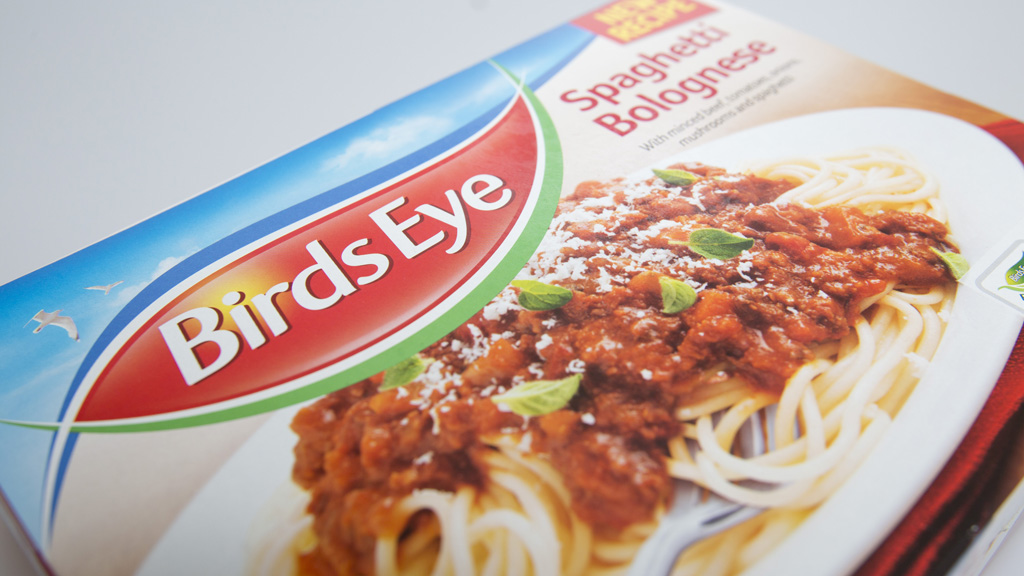Horsemeat found in Taco Bell ground beef
Beef products sold by Taco Bell, Bird’s Eye and catering supplier Brakes are the latest to be added the list of UK food found to be contaminated by horsemeat.

In a third round of tests, the Food Standards Agency said that four products had been found to contain more than 1 per cent horse DNA.
“Some batches” of ground beef used in Taco Bell meals, which are sold from four restaurants in the UK, tested positive for horse DNA. The company said it was “very disappointed” at the discovery in meat from a supplier in Europe, and said it had withdrawn ground beef immediately from its restaurants.
A statement said: “We would like to apologise to all of our customers, and we can reassure you that we are working hard to ensure that every precaution is being undertaken to guarantee that we are only supplied with products that meet the high standards we demand.”
Bird’s Eye
Two Bird’s Eye products were also found to contain horsemeat – the Bird’s Eye traditional spaghetti bolognese, and beef lasagne.
In the second round of tests, on 22 February, a Bird’s Eye chilli con carne dish was found to contain horsemeat. At the time the company said it was withdrawing the spaghetti bolognese and lasagne dishes, as well as a shepherd’s pie meal, as “a precaution”.
The products are made by the same Belgian manufacturer, Frigilunch NV.

Brakes
The final product found to contain horsemeat in the latest tests was Brakes’ spicy minced beef skewer. In a statement from a week ago, when Brakes discovered the problem, it said it was “very disappointed to have been let down by our respective suppliers and have sincerely apologised to our customers.”
The latest round of tests brings the total number of UK products found to contain horsemeat to 14.
The FSA said it believes “such levels of horse DNA indicate either gross negligence or deliberate substitution of one meat for another”.
It added that the intial phase of testing for horsemeat, results from a range of manufacturers, retailers, caterers, restaurants and wholesalers throughout the UK, is almost complete.
Next week, the FSA will publish the first wave of data from the UK-wide sampling programme being carried out by local authorities on behalf of the agency. This work is intended to verify information from the food industry and help improve the picture of the scale of beef contamination in the UK.